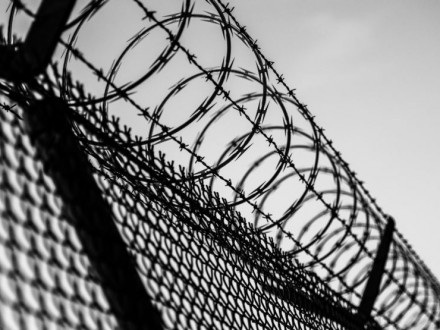Statement published on the website of the Sevastopol City Court, Crimea:
“According to amendments to the Criminal Code of the Russian Federation, which will take effect from January 1, 2017, forced labour will be used as an alternative to imprisonment if the sentence does not exceed five years. The court can sentence the accused to corrective labour for a minor or moderate crime, or even a serious one. As there are no suitable premises or institutions in Crimea, the convicted men will be sent to the nearest specialized centre in Stavropol Krai (south western Russia, Caucasus).”
Russia has built four such centres in this region. In these correctional centres, the prisoners will be given a small salary, but 5-20% will be withheld for state expenses. Work will be assigned according to gender, age, state of health and, if possible, each prisoner’s profession or qualifications. Norms of the Russian Labour will apply to all prisoners, with the exception of recruitment and dismissal; there are also special provisions for an annual leave of 18 days.
Prisoners will have to pay for their accommodation and clothing (excluding work uniform). After serving 2/3 of their term, they will be allowed to live outside the penal centre, but only with the consent of the administration.
The Ministry of Justice of Ukraine has requested Russia to transfer Oleksiy Chirniy, an illegally convicted Crimean, to Ukraine.







